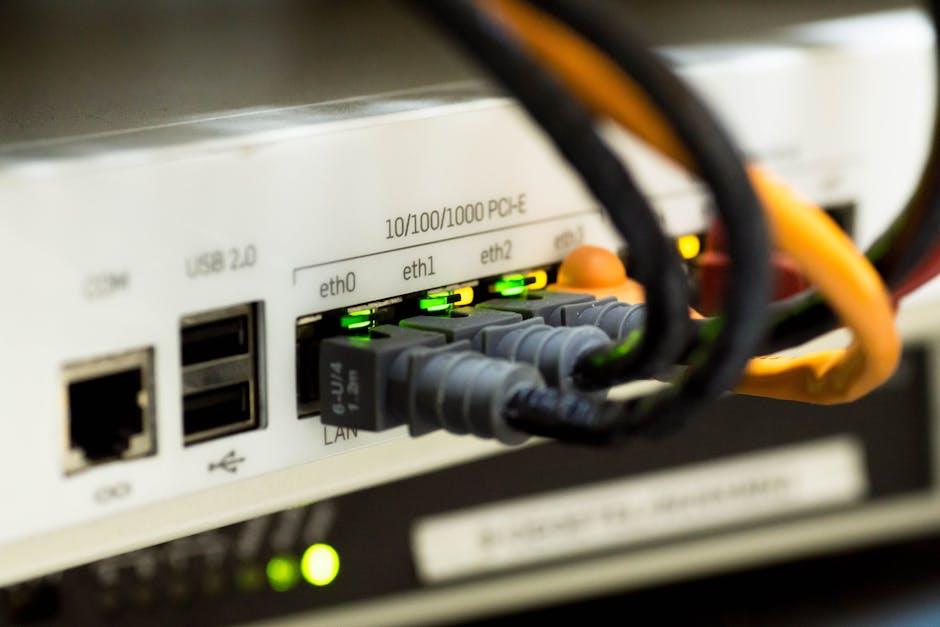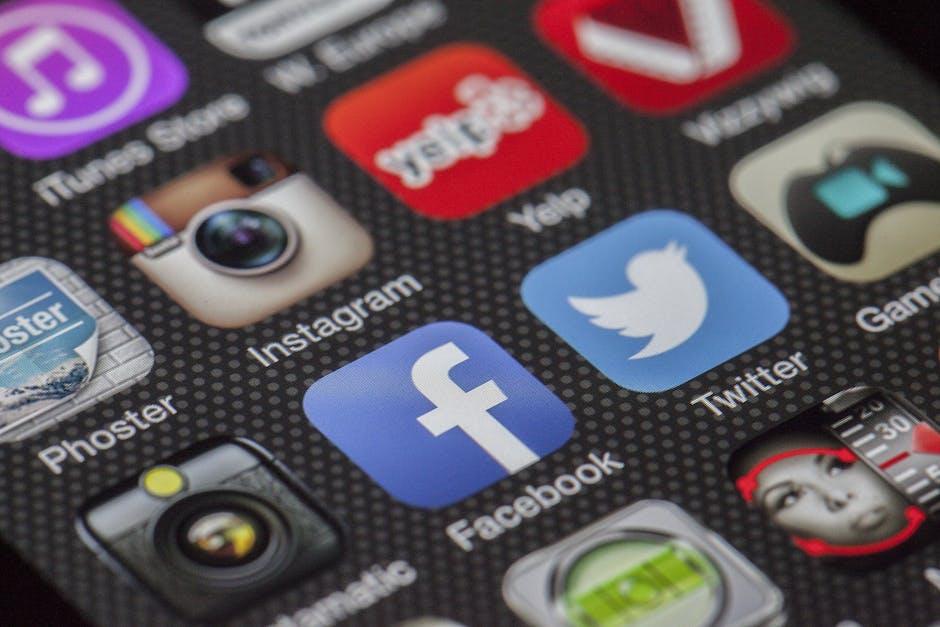Hey there, fellow YouTube enthusiasts! If you’ve clicked on a video recently and found yourself staring at a perpetual loading screen, you’re not alone. As we dive into 2024, many of us are scratching our heads and wondering, “Why is YouTube so slow these days?” It’s like waiting for a pot of water to boil—annoying and pretty frustrating, right? In this article, we’re going to unpack the reasons behind this digital dilemma that’s got us all feeling a bit less than entertained. From server overloads to complex algorithms, we’ll explore the ins and outs of YouTube’s speed issues and what they mean for our binge-watching habits. So, grab your favorite snack, sit back, and let’s figure this out together!
The Unseen Congestion: Understanding the Traffic Jam of YouTube in 2024
In 2024, YouTube feels like it’s stuck in an endless loading screen, right? It’s like waiting for your best friend to show up to a party, and every second feels like forever. The congested landscape of the platform has various factors contributing to its sluggishness. First off, there’s a surge in content creation—anyone with a smartphone can become a vlogger, and the result? An overload of videos that even the fastest internet connections can struggle to process. Think of it as a highway with too many cars; the more content uploaded, the more traffic there is for the algorithm to navigate.
On top of that, we’ve got the algorithm’s evolving demands. YouTube’s recommendation system is like a picky eater at a buffet, trying to find the right content amidst a mountain of choices. It’s constantly learning and adapting, which means it hits the brakes when things get too overwhelming. This traffic jam isn’t just about the videos you want to watch; it also involves buffering issues and loading times that leave you tapping your foot impatiently. To sum it up, as viewership skyrockets alongside new uploads, YouTube’s infrastructure gets bogged down, making that once smooth browsing experience feel like dragging a heavy suitcase up a flight of stairs.

Tech Troubles: Exploring the Impact of New Algorithms on Streaming Speed
Ever find yourself staring at the spinning wheel of doom while waiting for a YouTube video to load? You’re not alone. The algorithms that govern our favorite streaming platforms have evolved rapidly, shifting from simply curating content to managing the way videos are delivered. These new algorithms can sometimes struggle to keep up with the sheer volume of data being chugged through servers, causing frustrating lags that make you wonder if you’re still in the dial-up era. It’s like trying to fit a river’s worth of water through a garden hose, while the gardener’s busy trying to figure out the best plants to grow!
Moreover, the impact of these algorithms isn’t just about speed; it’s also about how they predict which videos you’ll want to watch. As they gather data and attempt to personalize your feed, they can bog down the system if not optimized properly. Think of it as trying to throw a party and inviting all the wrong people: the bandwidth gets overrun with requests and data, leaving you standing in the corner wondering when your friends might finally show up. Here are some factors that contribute to YouTube’s sluggishness:
- Increased User Traffic: More users mean more demand on the server.
- Algorithm Overhaul: New updates might not yet be fully integrated.
- Data Channeling: Inefficient data routing can slow everything down.
| Factor | Impact on Speed |
|---|---|
| User Demand | High |
| Server Optimization | Medium |
| Content Updates | Low |

Bandwidth Blues: Navigating Internet Connectivity Issues for Better Streaming
Hey there, fellow internet explorer! If you’ve ever found yourself staring at that annoying buffering icon while trying to binge-watch your favorite series on YouTube, you’re definitely not alone. Bandwidth blues can feel like the slowest rollercoaster ride ever. And it’s not just about your internet speed; a whole bunch of factors can contribute to that sluggishness. Think about it: every time you hit play, your device is racing against multiple variables—traffic congestion on your network, how many devices are hogging the bandwidth, and even the time of day can mess with your streaming experience. It’s kind of like trying to enjoy a scenic drive while stuck in rush hour. Frustrating, right?
So, what can you do when your streaming quality feels like it’s trapped in slow-motion? Here are some tips to kick those connectivity woes to the curb:
- Limit Connected Devices: Too many devices can lead to a serious slowdown. Try disconnecting a few!
- Change Wi-Fi Location: Sometimes all it takes is shifting your router to a more central spot.
- Check for Interference: Microwaves, cordless phones, and even thick walls can disrupt your connection. Move your router away from potential culprits.
- Upgrade Your Plan: If you’re consistently hitting a wall, it might be time to talk to your provider about faster options.
When it comes to tackling your streaming speed, think of it as tuning a musical instrument. A little adjustment here and there can make a world of difference! And don’t forget about peak usage times—if everyone in your neighborhood is streaming at the same time, you’re going to experience the digital equivalent of a traffic jam. Keeping an eye on these variables can transform your streaming experience from a frustrating lag-fest to a smooth-sailing binge-watch session. Embrace the tech-savvy side of streaming, and you might just unlock the full potential of your internet connection!

Revving Up Your Experience: Proven Tips to Combat YouTube Lag
Experiencing lag while trying to enjoy your favorite YouTube videos can feel like trying to drive a sports car with the brakes on. Don’t worry; you’re not alone in this frustration! Many users face slow-loading videos, and the reasons can range from your internet connection to browser settings. Here are some proven tips to help you reclaim your seamless streaming experience:
- Check Your Internet Speed: Use a speed test tool to assess your connection. A sluggish speed could be the culprit.
- Clear Browser Cache: Over time, your browser collects data that can bog it down. Give it a clean slate!
- Enable Hardware Acceleration: If you’re using Chrome, turning this feature on can boost performance.
- Reduce Video Quality: Downgrading from 4K to 720p can drastically improve performance on slower connections.
Another common cause of lag can be too many applications running in the background, much like trying to juggle too many balls at once—eventually, something’s gotta drop! To streamline your experience, consider the following tips:
- Close Unused Tabs: Each open tab eats up memory. Keep just what you need!
- Update Your Browser: Running the latest version ensures you have all the recent fixes and improvements.
- Switch Browsers: Sometimes, a change in scenery can make a huge difference. Try different browsers and see which one performs best for you.
Wrapping Up
And there you have it, folks! We’ve peeled back the layers on the puzzling question: “Why is YouTube so slow in 2024?” From network congestion to the heavy lifting of high-definition content, we’ve dived deep into the nitty-gritty of video lag. Just like a stubborn traffic jam, it can feel frustrating when you’re trying to catch up on the latest vlogs or binge-watch your favorite series. But hey, remember that you’re not alone in this digital slow lane—it affects countless users out there.
As we zip into the future, it’s essential to stay aware and adaptable. YouTube’s evolution is something to watch, quite literally! So, keep those fingers crossed for faster connections and smoother streams ahead. And don’t forget to share your experiences! Have you noticed any changes lately? Whether you’re a casual viewer or a dedicated content creator, let’s keep the conversation going. After all, it’s us—the viewers and creators—who make this platform what it is. Until next time, happy streaming, and may your buffering days be behind you!

